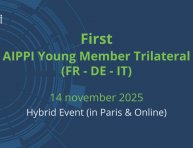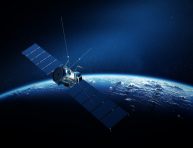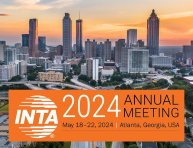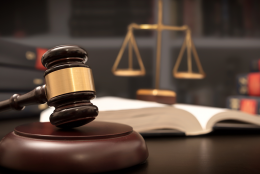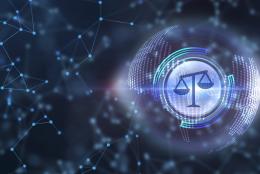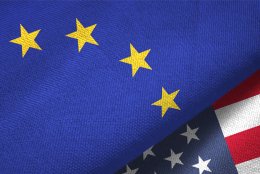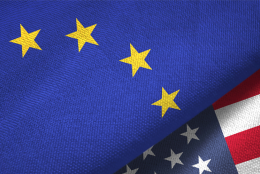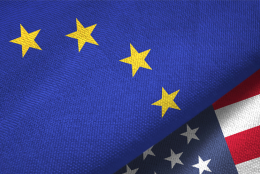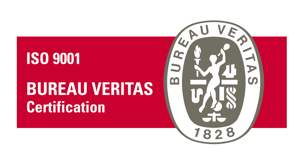News
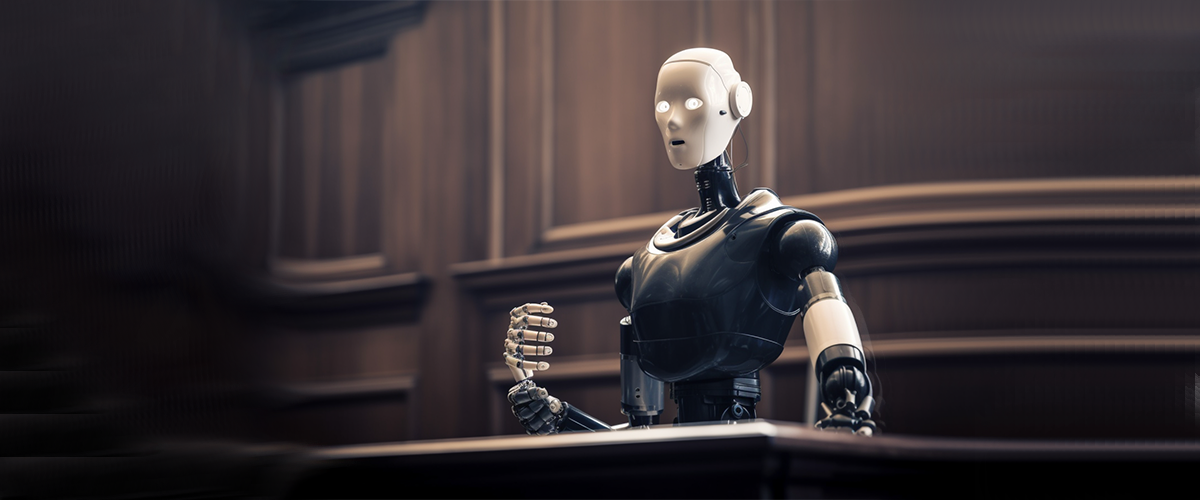
The question of inventorship in AI inventions to reach the US Supreme Court
The DABUS saga is reaching a new milestone as the case has been requested to be picked up by the US Supreme Court.
History of the case
DABUS (Device for the Autonomous Bootstrapping of Unified Sentience) is an Artificial Intelligence created by Stephen L. Thaler aimed at interlocking food containers based on fractal geometry in order to ease gripping and stacking of said containers.
Several patent applications have been filed worldwide, and these applications named DABUS the AI and thus a non-human as the inventor.
The question around DABUS cases is not whether the claimed invention created by an AI is patentable, but solely whether an AI could be named as an inventor in a patent application.
The US side
In the US, Patent application no. 16524350 entitled “Devices and Methods for attracting attention” filed July 29, 2019 and assigned to Stephen L. Thaler, listed in the Application Data Sheet (ADS) “DABUS (Invention generated by artificial intelligence)” as the inventor.
Stephen L. Thaler filed a substitute statement under 37 CFR 1.64 in lieu of the declaration and a statement under 37 CFR 3.73(c) for the assignment. Stephen L. Thaler executed the documents on behalf of DABUS, as legal representative of the assignor and on behalf of himself as the assignee.
A notice of File Missing Parts was issued by the USPTO on August 8, 2019 and indicated that the ADS did not identify the inventor by his/her legal name.
The applicant petitioned to request vacation of the notice of File Missing Parts. The request was ultimately dismissed. The Applicant then took the case to the District Court and to Court of Appeals of the Federal Circuit. The Court of Appeals affirmed the USPTO decision by confirming that an “inventor” must be a human. In its decision, the Court of Appeals stated that “Congress has determined that only a natural person can be an inventor, so AI cannot be.”
The US Supreme Court
Following the loss at the Court of Appels, on March 17, 2023, Thaler appealed to the US Supreme Court to answer the following question:
“Does the Patent Act categorically restrict the statutory term “inventor” to human beings alone?”
At this stage, the case hasn’t been picked up by the US Supreme Court yet. Thaler petitioned for a writ of certiorari, and the US Supreme Court will decide if it selects this case to hear. The US Supreme Court is only grants Petitions for Writs of Certiorari for compelling reasons. These reasons may include a disagreement among lower courts or an issue of national importance.
The petition for a writ of certiorari by Thaler argues that the decision of the Court of Appeals conflicts with the Patent Act, that it conflicts with prior decisions, and that the case is ideal for resolving the question of AI inventorship given that patentability of AI-Generated inventions is exceptionally important.
To be continued…
It will be extremely interesting to see where the US stand on the question. The last time the US Supreme Court took a patent case was in 2015.
In parallel, the DABUS AI inventorship case has already been picked up by the UK Supreme Court.
A summary of the different DABUS patent applications and their status worldwide can be found here: https://artificialinventor.com/patent-applications/

















